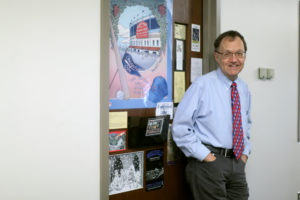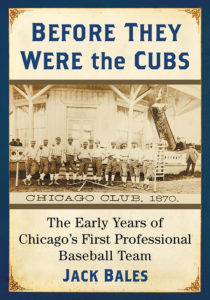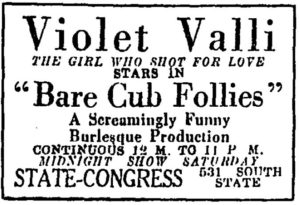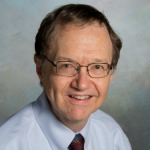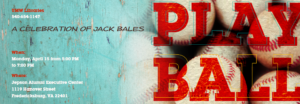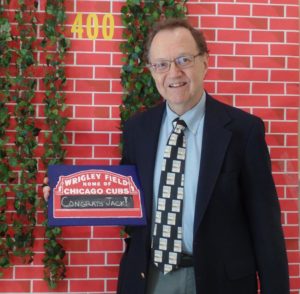
Jack Bales at the celebration held by the University of Mary Washington in honor of his new book. Photo Credit: Erin Wysong.
Reference and Humanities Librarian Jack Bales was recently interviewed by his alma mater, the University of Illinois’ School of Information Sciences, about his research, impending retirement and his lifelong passion for the Chicago Cubs.
As baseball teams gear up for spring training this month, Jack Bales (MS ’74) will begin another season of following—and researching—the Chicago Cubs, a team whose history he knows well. Bales, a reference and humanities librarian, combined his expert research skills and interest in the Cubs to author a book on the team’s early history. His book, Before They Were Cubs: The Early Years of Chicago’s First Professional Team, was published last spring by McFarland & Company.
“It took years of research and writing (I have a full-time job), and since some of the newspapers I needed to consult are not available online, I spent several years going through microfilm page by page and year by year,” Bales said. “I would spend every Christmas vacation camped out by the library’s microfilm reader-printers. One of my colleagues still remembers how she came in one day when I wasn’t there and noticed my CD player, sweater, water bottle, snacks—and even my bedroom slippers—all neatly arranged beside reels of microfilm.” Read more.
